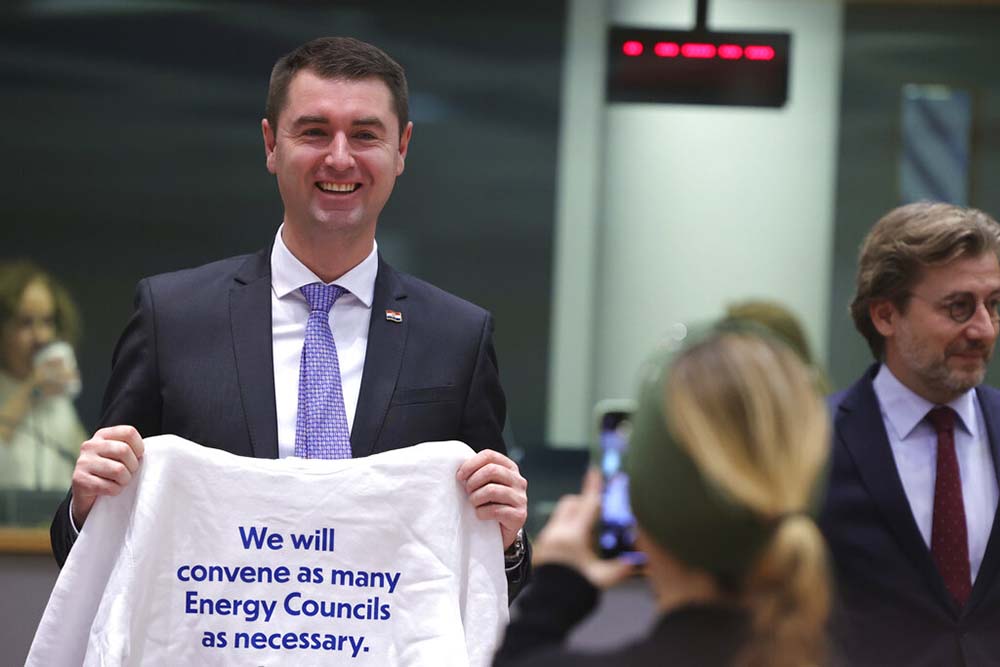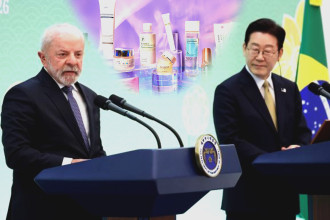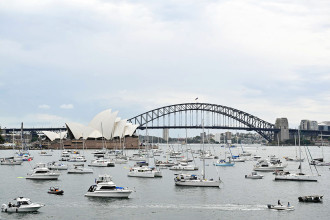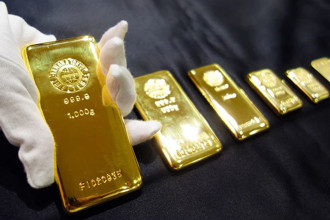
BRUSSELS: European Union ministers on Monday finalised a long-awaited deal to implement a natural gas price cap they hope will help households and businesses better weather excessive price surges.
EU member countries failed to overcome their differences at previous emergency meetings, but several EU leaders said last week that fixing a maximum ceiling to pay for gas was likely to be achieved this time. After talks in Brussels on Monday, the Czech presidency of the European Council, which represents member countries, said a deal had been reached.
"We have succeeded in finding an important agreement that will shield citizens from skyrocketing energy prices," said Jozef Sikela, the Czech minister of Industry and Trade, adding that the mechanism will steer the 27-nation clear "from risks to the security of supply and financial markets stability."
Since it could not find a consensus on the divisive topic, the Czech presidency opted for a "qualified majority" as the voting rule to reach a political agreement. Under EU rules, a qualified majority requires that 55% of member countries, or 15 out of the 27, vote in favour of a proposal. Such a vote also requires that those nations represent at least 65% of the bloc's population.
Under the agreement, the mechanism will kick off if prices exceed 180 euros ($190) per megawatt hour for three days and if it is 35 euros higher than a reference price for LNG on global markets for the same period. Once triggered, the mechanism will remain active for at least 20 days.
Sikela said the 180 euros limit "is not a cap as such" and that prices can still go above this level if prices on the LNG markets are higher than 145 euros per megawatt hour.
"In other words, this is not a fixed cap, but rather a dynamic one," he said.
The measure will apply from Feb. 15 next year once formally approved by written procedure.
The EU's executive Commission last month proposed a "safety price ceiling" to kick in if natural gas exceeded 275 euros ($290) per megawatt hour for two weeks and if it is 58 euros higher than the price of liquefied natural gas on world markets.
Such a system might not have averted hikes as high as in August — when prices hit nearly 350 euros per megawatt hour on Europe's TTF benchmark but fell below 275 euros within days — and was met with derision by many countries including Spain, Belgium and Greece and Poland, pushing for a lower trigger.
The 27 EU nations have stuck together through nine rounds of sanctions against Russia over the war in Ukraine and energy-saving measures to avoid shortages of the fuel used to generate electricity, heat homes and power factories.
But they were unable until Monday to close a deal on setting the complicated price cap for natural gas. The cap was promised in October as a way to reduce energy bills that have soared during Russia's invasion of Ukraine.
"We have proved that the EU is united and will not let anybody use energy as a weapon," Sikela added.
The gas cap issue is a divisive one because of fears that global suppliers would bypass Europe when other buyers offer more money.
Hungary's foreign minister, Peter Szijjarto, said Budapest continues to oppose the introduction of a gas price cap because it will lead to price increase. He said that the EU should instead focus on building pipelines and LNG terminals while looking for new sources.
The Council said an emergency brake has been devised to suspend the mechanism if "gas demand increases by 15% in a month or 10% in two months, LNG imports decrease significantly, or traded volume on the TTF drops significantly compared to the same period a year ago."
The mechanism will also automatically deactivate once LNG prices drop back below 180 euros, Sikela said.
Germany was initially reluctant but Economy Minister Robert Habeck was pleased that safeguards were introduced.
"A compromise has now been reached that limits the mechanism to temporary price spikes for certain traded products. It is automatically suspended if, for example, there is a threat to security of supply. These safety lines are important and could be concretized today in the final negotiations," he said.
The scare of exorbitant prices came in the heat of summer when a massive August spike stunned consumers and politicians, forcing the bloc to look for a cap to contain volatile prices that are fueling inflation.
The compromise on the price cap unlocked plans for joint gas purchases and a solidarity mechanism to help the neediest countries as the energy measures were agreed on as a package.
"I welcome today's agreement in the Energy Council on joint purchasing, speeding up permitting for renewables and the market correction mechanism," said European Commission President Ursula von der Leyen, who heads the EU's executive arm. "These decisions will enable the EU to prepare for the next winter more effectively and fast-track the deployment of renewables."
Member countries also agreed on a proposal to reduce methane emissions, one of the biggest causes of climate change, second only to carbon dioxide. The gas also causes serious health problems.
"This will help us meet our commitments under the Global Methane Pledge to cut methane emissions by 30% by 2030," Sikela said.
By RSS/AP
READ ALSO:
Published Date: December 20, 2022, 12:00 am
Post Comment
E-Magazine
RELATED International





